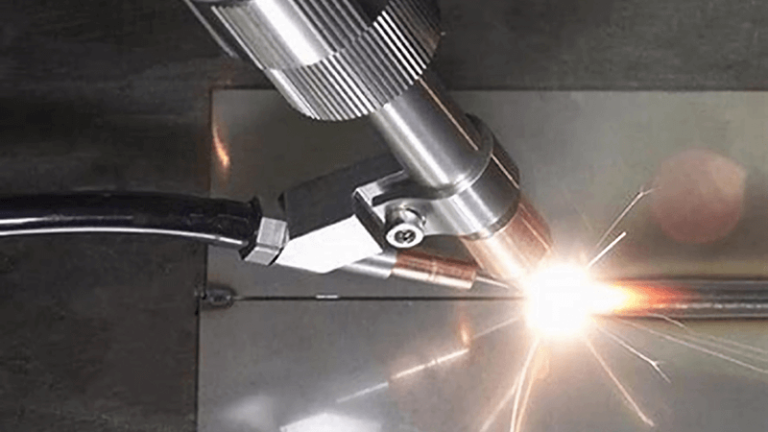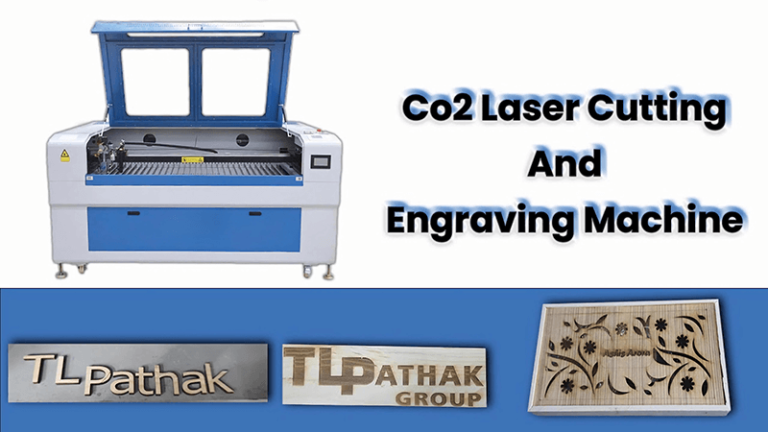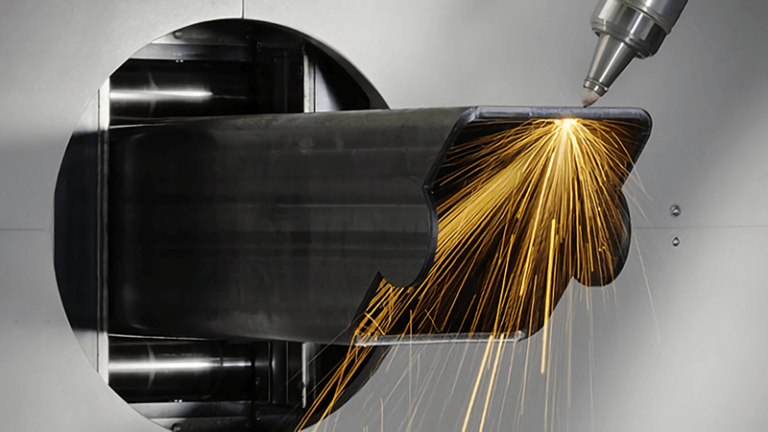When you're staring at a stack of stainless or aluminum and wondering how to cut cleanly, fast, and efficiently—you're not alone. Choosing the right machine is critical, especially when downtime and rough edges cost real money.
Fiber laser cutting machines are the top choice for precision, speed, and cost-effectiveness in cutting sheet metal. They outperform CO₂ and plasma options, especially for materials like stainless steel and aluminum.
Choosing a cutting solution is more than comparing power specs. It's about speed, accuracy, and long-term gains. In this post, I’ll break down everything from tools to thickness, speed, and laser strength—through the lens of what we do at Kirin Laser every day.
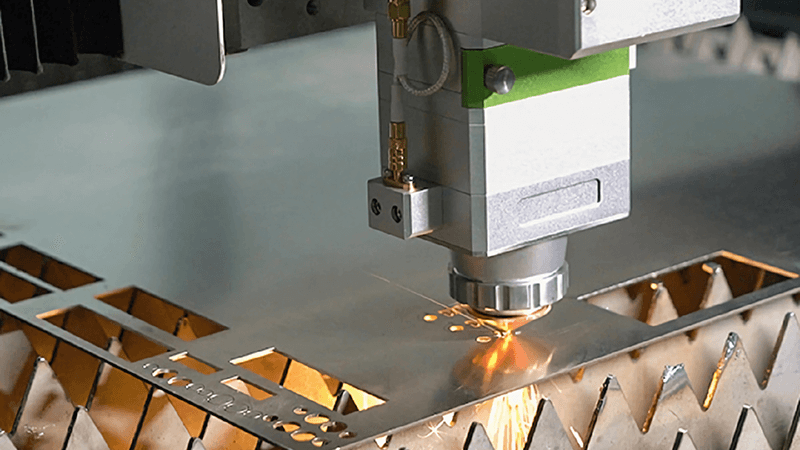
What machines are used to cut sheet metal?
When it comes to cutting sheet metal, many businesses struggle with choosing the right technology. Plasma? CO₂ laser? Waterjet? But there's one that consistently outperforms: fiber laser cutting machines.
Fiber laser cutting machines are the go-to solution for cutting sheet metal thanks to their unmatched precision, efficiency, and ability to handle a variety of metals, including reflective materials like aluminum and copper.
Why Fiber Laser Beats Other Cutting Methods
🧰 Comparison of Common Cutting Machines
| Machine Type | Speed | Precision | Operating Cost | Maintenance | Suitable for Reflective Metal |
|---|---|---|---|---|---|
| CO₂ Laser Cutter | Medium | Medium | High | High | ❌ |
| Plasma Cutter | High | Low | Medium | Medium | ❌ |
| Waterjet Cutter | Slow | High | Very High | High | ✅ |
| Fiber Laser Cutter1 | Very High | Very High | Low | Low | ✅ |
I’ve run fiber laser cutters daily for years, and what really sets them apart is how effortlessly they slice sheet metal with razor‑sharp precision—zero torque, no warping, and super‑fast cycle times even on copper, stainless, or aluminum.
We had one client relying on CO₂ systems2. Every batch of stainless steel required secondary processing—sanding, deburring. Time wasted. After switching to a Kirin fiber laser machine, their edges came out clean, no finishing needed. Their scrap rate dropped by 40%, and productivity jumped in just a few weeks.
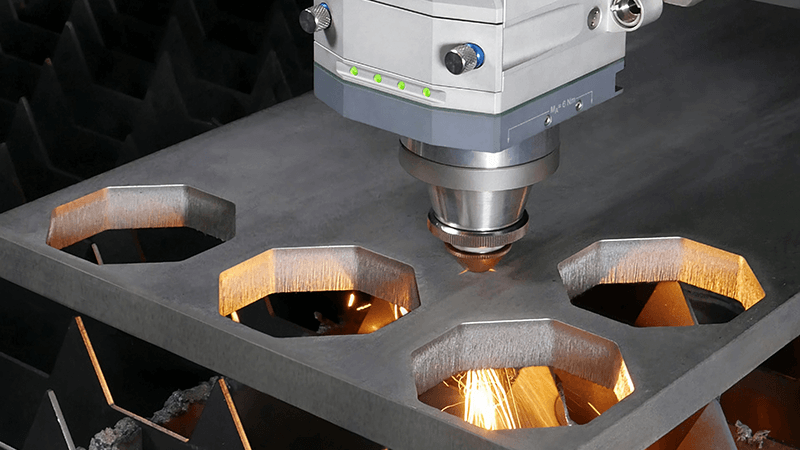
What is the name of the tool used for cutting thick sheets?
Sometimes people think a stronger CO₂ laser or a waterjet can cut thick sheet metal better. But those machines struggle with accuracy, maintenance, and operating costs when the thickness goes up.
The best tool for cutting thick metal sheets is a high-power fiber laser cutting machine, typically in the 6kW–12kW range.
How We Handle Thick Metal at Kirin Laser
💡 Laser Power vs. Metal Thickness
| Fiber Laser Power3 | Max Cutting Thickness (Mild Steel) | Edge Quality |
|---|---|---|
| 1.5kW | 6 mm | Good |
| 3kW | 12 mm | Very Good |
| 6kW | 20 mm | Excellent |
| 12kW | 30 mm+ | Industrial Grade |
We often recommend 6kW or above for clients working with thick plates. It’s not just about cutting—it’s about cutting without needing to redo anything4 after. Clean, finished edges straight from the bed.
Another client of ours, a metal fabrication company from Texas, upgraded from a 3kW machine to our 12kW Kirin fiber laser5 to handle larger aluminum orders. Their cut time per piece dropped by 35%, and the cut surface was so clean they eliminated an entire polishing stage.

How to cut metal fast?
Speed is everything when deadlines pile up. But many cutting methods sacrifice quality for speed, leading to rework, jams, or even wasted material.
To cut metal fast without compromising quality, use a fiber laser cutter with high-speed motion systems, auto-focusing heads, and powerful software optimization.
What Makes Fiber Laser So Fast?
🚀 Factors That Increase Cutting Speed
- Laser Source Power6 – Higher wattage means faster vaporization and cleaner kerfs.
- Motion System – Precision servo motors reduce acceleration lag.
- Nozzle Design – Good gas flow ensures consistent cut speed.
- Software Optimization7 – Smart nesting and real-time path planning reduce idle motion.
When we developed our latest Kirin fiber laser series, we integrated auto-height adjustment and a rapid-piercing algorithm. That shaved 10–20% off cycle times even on thick metal sheets.
For instance, one of our customers in automotive parts manufacturing was hitting a bottleneck with their 2kW system. After switching to our 6kW high-speed cutter, they ran 3x faster without increasing floor space.
Time is money. And fiber laser cutting delivers both savings.
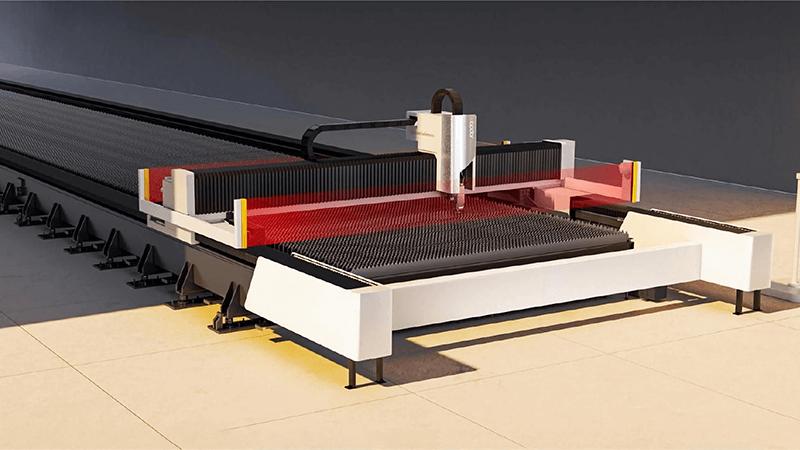
How strong of a laser do you need to cut metal?
This is probably the most common question I get from first-time buyers. People want to know: can a 1.5kW machine handle their stainless jobs? Will 3kW be overkill? It depends on what you’re cutting and how clean you want it.
You need at least 1.5kW to cut thin metals (≤6mm) efficiently, while 3–12kW lasers are better for thick sheets, higher speed, and clean edges.
Choosing the Right Power for Your Application
🔌 Power Recommendations by Metal Type & Thickness
| Metal Type | Thickness | Recommended Power | Cut Speed |
|---|---|---|---|
| Stainless Steel8 | 1–3 mm | 1.5–2kW | Fast |
| Stainless Steel | 6–10 mm | 3–6kW | Medium-Fast |
| Mild Steel9 | 10–20 mm | 6–12kW | Medium |
| Aluminum | 1–5 mm | 2–3kW | Fast |
| Copper | 1–3 mm | 3–6kW | Medium-Fast |
From our experience, it’s always better to size slightly above your most common workload. That gives you headroom and future-proofs your operation.
We’ve had clients start with 1.5kW thinking they’d only do 3mm stainless. But six months in, they’re getting thicker jobs and want better cut quality. That’s why most of our industrial partners now invest in 3kW and above—it keeps them competitive and agile.
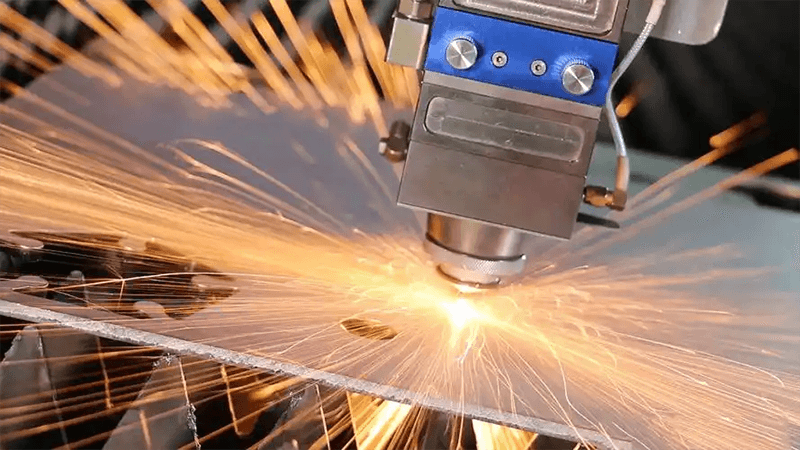
Conclusion
Fiber laser cutting machines10 are the backbone of modern sheet metal fabrication. Whether you’re cutting thin stainless or thick aluminum, fiber lasers deliver speed, precision, and reliability. At Kirin Laser, we’ve helped countless clients transition from outdated systems to our OEM-ready machines—boosting their productivity, cutting costs, and opening new business opportunities. If you’re serious about scaling up or improving your cut quality, now’s the time to make the switch. Precision in every beam—that’s not just our slogan, it’s our promise.
-
Explore the benefits of Fiber Laser Cutters, including speed and precision, to enhance your cutting operations. ↩
-
Discover why CO₂ systems may require more post-processing and how fiber lasers can improve efficiency and reduce waste. ↩
-
Understanding fiber laser power can help you choose the right equipment for optimal cutting performance. ↩
-
Exploring this concept can reveal strategies to enhance production efficiency and reduce waste. ↩
-
Discover how upgrading to a 12kW Kirin fiber laser can enhance efficiency and quality in metal fabrication, reducing cut time and polishing needs. ↩
-
Understanding laser source power can help you optimize cutting processes for efficiency and quality. ↩
-
Exploring software optimization techniques can lead to significant improvements in cutting speed and productivity. ↩
-
Explore this link to learn effective cutting techniques for Stainless Steel, ensuring optimal results and efficiency in your projects. ↩
-
Discover the ideal power settings for cutting Mild Steel, which can enhance your cutting quality and operational efficiency. ↩
-
Find the best laser cutting machine and laser cutting solutions from Kirin Laser, clicking this link to get all your needs for your business. ↩


